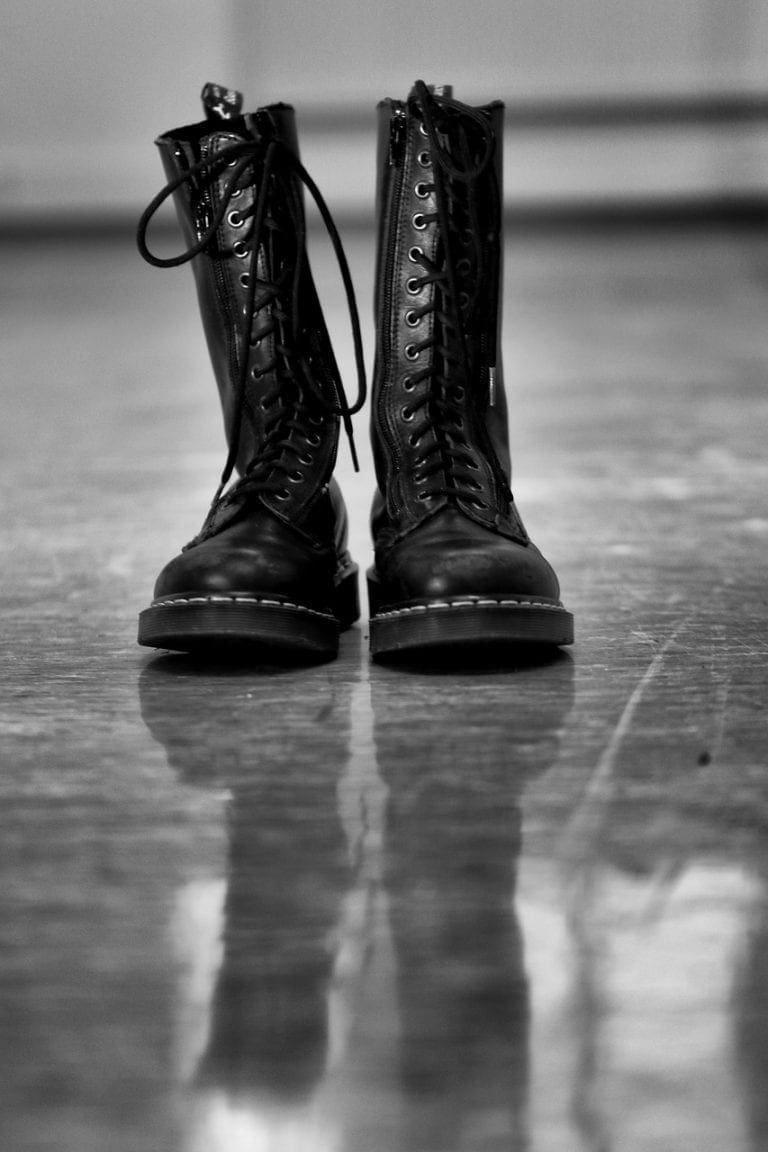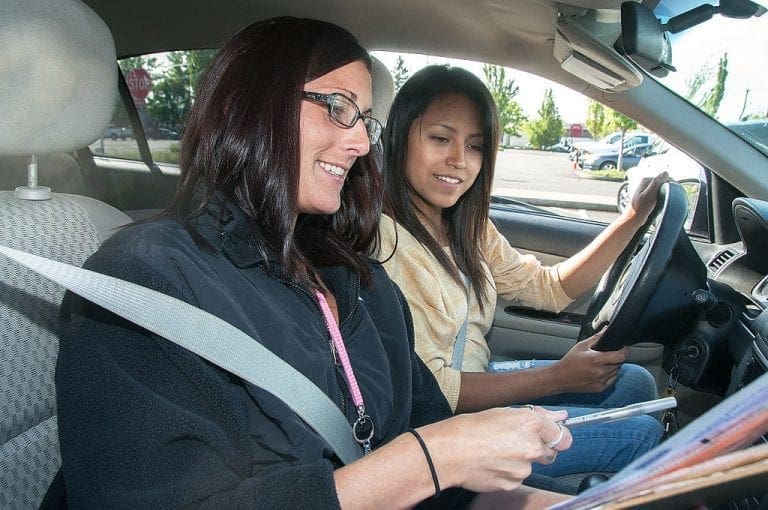Tips for Helping Your Child With Behavioral Issues at School

Sometimes, our kids act up at home, school, parties, and even on shopping trips. It’s just their nature, y’all! But when their negative behavior becomes frequent, especially while they’re away at school, it can quickly become a problem. I’m here to offer some tips for helping your child with behavioral issues at school.
Ask for Help
Usually, you’re not aware of your child’s misbehavior until you receive that dreaded call from the teacher telling you how your kid was misbehaving in class. Start by asking the teacher the details of the situation. It could be as simple as your child not wanting to share their toy or as serious as getting in a fight with another student.
If your child is struggling academically in school, ask the teacher how you can help at home. Perhaps they can provide some insight as to the specific subject or homework assignment they need help on.
It’s OK to ask the teacher for a little guidance—after all, they’re the ones who have to calm the situation while it’s happening in class. Don’t hesitate to ask for help!
Communicate and Empathize
You want to first talk to your child. Communicate what you know about their misbehavior, but don’t accuse. Let them share their side of the story. Perhaps they’ve been watching a little too much TV and learned a new swear word. You can talk to them about what words are appropriate what words aren’t.
If your child has trouble at home, empathize with them and communicate a solution to help them process their emotions. Maybe they’re in physical pain and can’t express it in any way other than emotional outbursts.
If your child has pain, it may be a good idea to visit their physician and determine the cause. Ask your chiropractor how chiropractic care helps children with behavioral issues, and they can offer a customized treatment plan to get your child back on track.
Establish a Monitor System
If your child is having trouble understanding a specific subject in school, they may feel frustrated and defeated, leading them to act out. Try to do what you can to help them at home. This could mean setting aside some time each day to go over their homework and help them through it.
If you don’t feel comfortable tutoring them, you may consider establishing a monitoring system to look over their homework every day to ensure they finish it. This can help them set an after-school routine, which can also help your child behave better!
Reward Good Behavior
When they do something good, be sure to reward them to further encourage that behavior. Studies show that kids don’t learn efficiently with negative reinforcement.
Positive reinforcement will be your best friend. If they pass a test, verbally reward them with words of encouragement and take them out to do something fun! Positive reinforcement means that you’re rewarding only the good behavior instead of giving attention to the negative.
As parents, we always want the best for our children. Be sure to follow the above tips for helping your child with behavioral issues at school, and you’ll see significant improvement at home and school!








